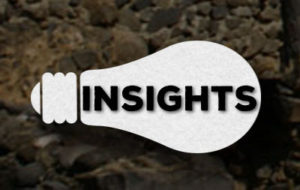Derek Rotty always had an interest in history, but when he began to take classes on the philosophy of history, it brought up some deeply personal questions about what he was learning from his own past, and where that meant he was headed.
He shares how those questions helped him view the concept of faith with new eyes, and set him on a journey of discovering who he was in God’s eyes.
Derek is the author of A Life of Conversion: Meeting Christ in the Gospels
Watch Derek’s story on The Journey Home







